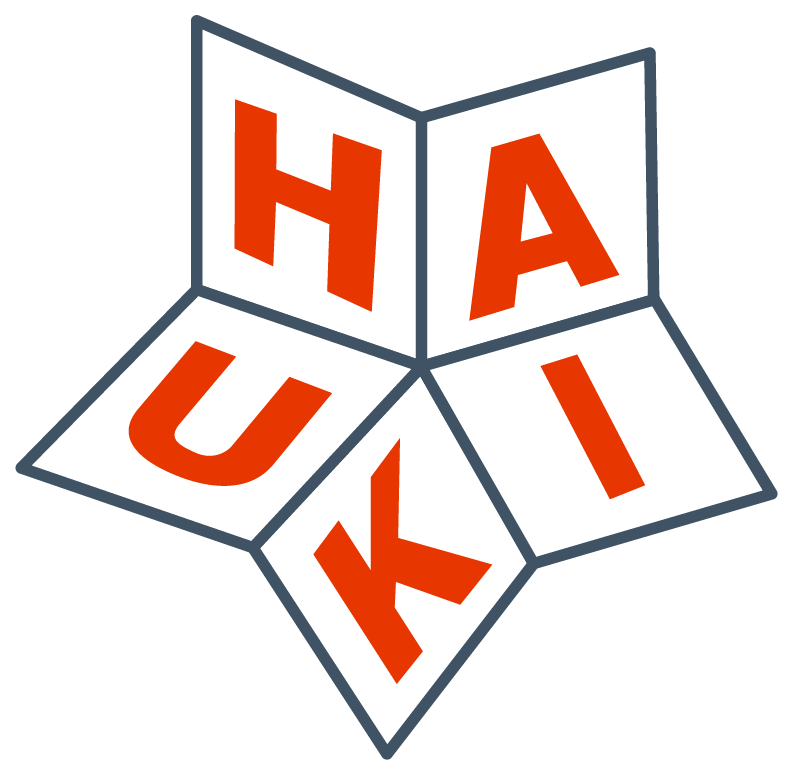In HAIKU we are pursuing how to integrate mark making,
navigation (place marking), note-taking, annotation, glossaries and to
combine them with the ability to seamlessly transclude, version and share
documents.
Transclusion is more than the simple inclusion of lexia
from one source into another; with transclusion, although lexia are stored
once and can be reused many times, every use is of the most recent
version. When a new edition of a work is published, can notes made on an
earlier edition be transcluded? What if the text in the new edition is
different? In effect annotated copies become different editions, and the
relevance and accuracy of the information in each can be questioned and the
implications for learning and scholarship need to be resolved. As late as
DocEng 2018, the question of how to transclude effectively
has not been solved in general (although it has in Wikipedia).
It is not yet understood how digital interfaces change the ways
people cognitively interact with text and what tools will best
support and augment long-term knowledge acquisition. Learners
rapidly switch between states of reading, making notes and marks,
revising notes and their understanding of the text, reviewing,
re-reading, reappraising, assessing the importance of ideas, being
distracted, and sometimes considering their processes of use. People
are not consistent, learners aims change in the process of cognitive
restructuring and reading for a different purpose
(repurposing).
It is not known what learners do when they revisit their notes: are
the notes changed, erased, or even understood? This is especially
important for learners who will assemble digital libraries for study
over many years. The provenance of primary sources and of
attribution of comments (for users to assess their merit) is
important. When documents or notes are shared, how will authority
control operate (e.g., a comment by an acknowledged expert is more
important than one by an unknown source)? How can notes from
multiple authors be meaningfully merged? These problems include, but
go beyond, simple versioning.
